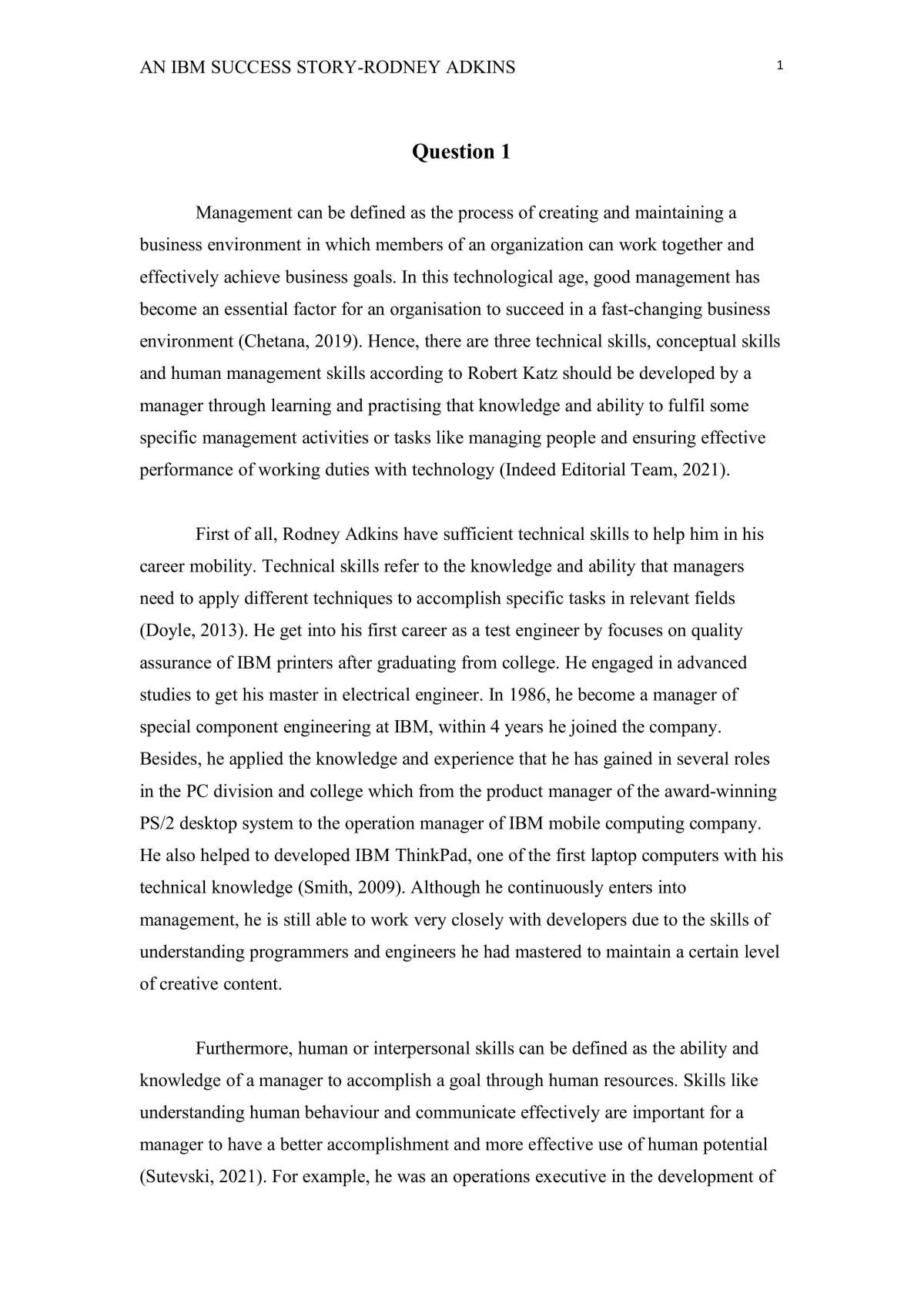Poland's Election Runoff: A Crucial Test For MAGA Populism In Europe

Table of Contents
The runoff pits the incumbent, Andrzej Duda of the ruling Law and Justice Party (PiS), against his challenger, likely from a unified opposition. Duda's campaign has been characterized by a strong nationalist stance and socially conservative policies, while the opposition aims to present a more pro-European and liberal alternative.
The Rise of the Law and Justice Party (PiS) and its Populist Appeal
PiS's Nationalist Agenda and its Resonance with Polish Voters
The Law and Justice Party (PiS), a national conservative party, has skillfully cultivated a populist appeal. Their success stems from a potent mix of policies that resonate with a significant portion of the Polish electorate.
- Key Policies: PiS's policies include generous social programs like the "500+" family benefit program, judicial reforms that have sparked controversy within the EU, and a strong anti-EU rhetoric that taps into nationalistic sentiments.
- Voter Demographics: Support for PiS is particularly strong among rural populations, older voters, and those with traditional values. Their effective use of social media and targeted messaging has also been crucial in mobilizing their base. These groups often feel left behind by globalization and see PiS as a defender of traditional Polish values against perceived external threats.
Comparing PiS's Ideology to MAGA Populism: Similarities and Differences
The PiS's rise bears striking similarities to the MAGA movement in the United States.
- Similarities: Both movements employ strong nationalist rhetoric, emphasize a rejection of established elites, and appeal to a sense of national grievance and cultural identity. Both utilize populist communication strategies, directly engaging voters and circumventing traditional media channels.
- Differences: However, crucial differences exist in historical context and geopolitical realities. Poland’s history of foreign occupation and its relationship with the EU significantly shapes its political landscape, unlike the American context. The geopolitical environment in Central Europe is also distinct from that of the US, impacting the foreign policy implications of each movement.
The Opposition and the Challenges to PiS's Dominance
Analyzing the Opposition Coalition and its Strategy
The Polish opposition faces a significant hurdle in uniting against the powerful PiS machine.
- Opposition Candidates & Platforms: The main opposition candidates, while differing on some issues, largely agree on the need to restore the rule of law, strengthen Poland's relationship with the EU, and implement more market-oriented economic policies.
- Challenges: The opposition’s challenge lies in overcoming internal divisions and presenting a cohesive and appealing alternative to PiS’s deeply entrenched support base. This includes effectively countering the PiS's powerful narrative and effectively communicating their message to a wider audience.
The Role of the European Union in the Polish Elections
The EU's role in the Polish elections is multifaceted and potentially influential.
- EU Concerns: The EU has repeatedly expressed concerns regarding PiS's judicial reforms, arguing they undermine the rule of law and democratic principles. Potential EU sanctions have loomed as a factor in the election.
- Impact of Election Outcome: The election's outcome will profoundly impact Poland's relationship with the EU. A continuation of PiS's rule might lead to further strain and potential sanctions, whereas an opposition victory could signal a return to closer alignment with EU values.
International Implications of the Polish Election Runoff
The Impact on Eastern European Politics
Poland's election holds significant implications for the broader Eastern European political landscape.
- Regional Influence: The outcome could influence the trajectory of other populist movements in the region, potentially emboldening similar parties or prompting a reassessment of their strategies. Neighboring countries closely watch the developments in Poland.
- Regional Stability: Political stability within the region is significantly affected by the balance of power in Poland, as Poland plays a significant role in regional security and cooperation.
The Global Significance for Democratic Values
The Polish election runoff is a significant moment for the global fight for democratic values.
- Authoritarianism's Rise: The election's outcome serves as a case study in the global struggle against the rise of authoritarianism and populist trends that undermine democratic norms.
- Democratic Backsliding: The election reflects a broader global trend of democratic backsliding, with implications for international cooperation and the stability of the international order.
Conclusion: Poland's Election Runoff: A Defining Moment for European Populism
Poland's election runoff is a critical juncture for European politics. The continued success or potential defeat of PiS's brand of populism, echoing certain aspects of MAGA rhetoric, will send shockwaves throughout Europe and beyond. The election's outcome will significantly impact Poland's relationship with the EU, regional stability in Eastern Europe, and the global struggle for democratic values. The key takeaways highlight the complexities of PiS's populist appeal, the challenges faced by the opposition, and the significant international ramifications. Follow the developments of Poland's election runoff to understand the future trajectory of MAGA-style populism in Europe.

Featured Posts
-
 Experiencia De Compra De Boletos Mejorada Setlist Fm Se Integra Con Ticketmaster
May 30, 2025
Experiencia De Compra De Boletos Mejorada Setlist Fm Se Integra Con Ticketmaster
May 30, 2025 -
 Dolbergs Malprognose 25 Mal Realistisk Eller Urealistisk
May 30, 2025
Dolbergs Malprognose 25 Mal Realistisk Eller Urealistisk
May 30, 2025 -
 Dangerous Heat Texas Issues Warning For 111 Degree Temperatures
May 30, 2025
Dangerous Heat Texas Issues Warning For 111 Degree Temperatures
May 30, 2025 -
 Accelerating Digital Transformation At Deutsche Bank An Ibm Success Story
May 30, 2025
Accelerating Digital Transformation At Deutsche Bank An Ibm Success Story
May 30, 2025 -
 Jacob Alons New Track August Moon Released
May 30, 2025
Jacob Alons New Track August Moon Released
May 30, 2025
